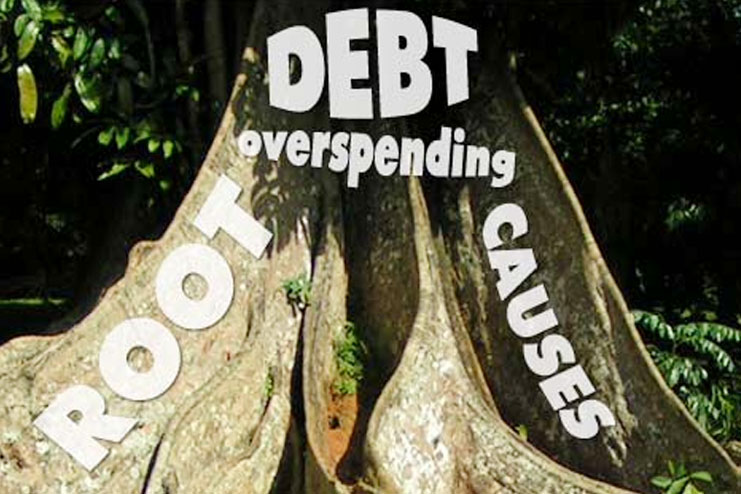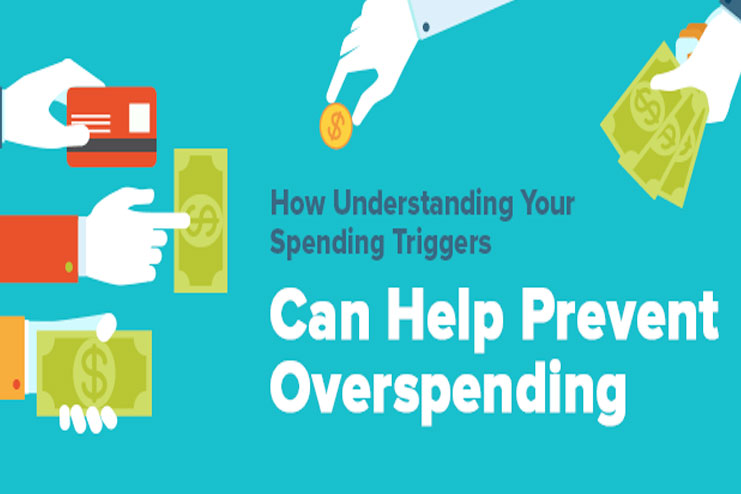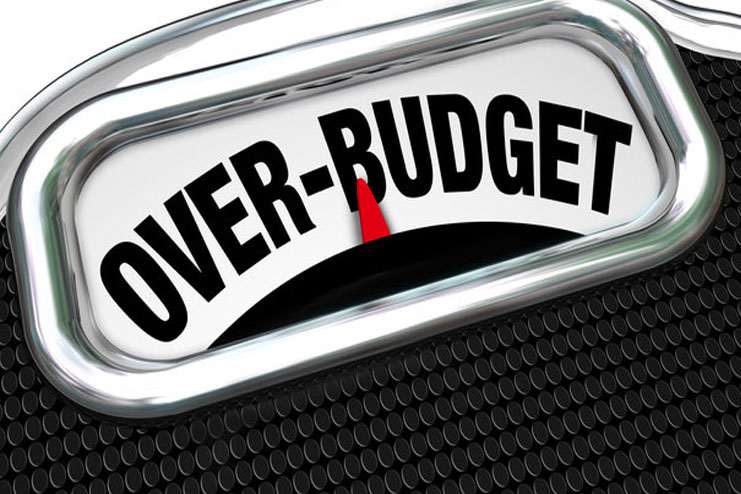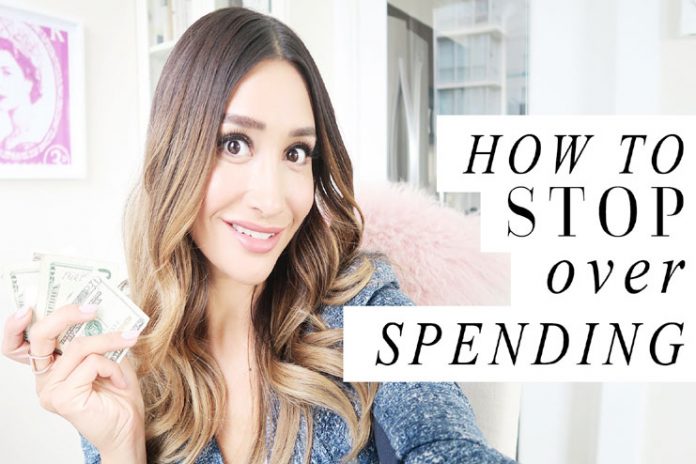Affiliate Disclaimer
Some links in this article are affiliate links. We may earn a small commission if you make a purchase through these links, at no extra cost to you. We only recommend products we find useful to our readersMoney matters and finances are not always the way we plan them. Keeping the savings away, reserves maintained and investing regularly sound simple when we discuss, but in reality it may be the toughest task for anyone. Specially for people living between paychecks, the bill payment only sucks up their entire salary. It is thus very important to learn how to kick overspending and stop spending money in useless endeavors.
Reasons for overspending:

To stop overspending you need to first understand the reasons for over spending. These add up to the spending and may lead to no savings at all. Work on these reasons first and then proceed with how to stop spending money:
- You do not plan your spending ahead in time
- You never prepare a budget
- You don’t prepare a shopping list
- You use credit card all the time
- You don’t pay bills in time, thus causing late fee addition
- You are an impulsive shopper
- You don’t really have any financial goals
- You don’t reflect or track your spending
- You go with friends to shop all the time
- You don’t check deals and discounts

How to stop over spend money habits:
Want to stop overspending money and get your money and budgeting basic right on track, well we have a wonderful compilation here. This will help you stop spending money extravagantly and make each spending economical. A little change in your spending habits can make a huge difference. As most of what we spend is not planned, and impulse driven. Check out some ways on how to stop overspending money:
1- Identify spending triggers:

We all have those moods, situations, time of the year or shopping with friends; that add up to huge spending. There are ample emotional and psychological triggers which contribute to our overspending habit. If we identify them its easier to control them or drive them towards something more meaningful. Some of these triggers can be:
A- Mood swings: Sometimes in a low mood or when you are excited you end up over spending. Our energy resources are different under each emotion we feel. Retail therapy gets impulsive when we are under stress, anxious or sad.
B- Time of the day or week: Sometimes when you are just too relaxed say in afternoons or on weekends, if you go shopping you end up overspending. This may be due to the fact that you are too fresh and impulses drive you to shop more than needed.
C- Ambiance: Sometimes the ambiance like shopping malls or craft fairs, make you indulge into spending too much. You may have just visited to check out the collection but you get impulsive and spend way too much.
D- Peer pressure: When you go out with friends, there are chances you will end up spending way too much. And for those items which you may not even like. You just want to match your friends when shopping thus over spending.
E- Poor lifestyle choices: Maybe you grew up with this lavish and prodigal lifestyle, but a certain financial crisis is not enough to teach you how to stop overspending.

2- Record all your spending:
Its always great to record all what you spend. We feel the petty cash picks are not contributory to the over spending habits. But sometimes a dollar here and there each moment can add up to a few hundred dollars which may have been useless. Track all your expenses. This helps you be accountable for all your spending. From your morning latte to the magazines, lottery tickets and lavish lunches all contribute heavily to the over spending list
3- Get off plastic currency:
Shop only in cash, if you use credit cards or debit cards, its more likely you will over spend. When you have cash in hand that is the limited bill, and you will definitely keep on to what cash you carried in the first place. But when you use plastic currency cards to shop, you may over do the budget you set in the first place.

4- Set your financial goals; daily and monthly both:
Attainable financial goals both short term and long term will help in keeping up your savings. You would try and stick with the goal, thus preventing yourself from impulsive over spending. Make these goals quantifiable, and achievable. Keep a fixed percentage for investment, savings and reserves. If you keep this aside you will be preparing your financial pool and long term benefits too
5- Don’t keep idle money:
Assign a job to each dollar you own, and that doesn’t mean spending it all. Rather put them to specific uses like reserves, liquidity, investment, savings and more. Having idle money in your account is the biggest trigger for you to overspend. Pay your bills in time, and put the finances to use to have it all cleared before you begin overspending
6- Check for deals and discounts when buying:
Deals and discounts will help in saving quite a few dollars, and when you pick a habit of checking of deals you will eventually stop over spending. Register at various websites, get coupons online and check of discounts at store too. This is a great way to stop overspending. These shopping techniques will help you learn how to budget the money.

7- Organize and de-clutter:
Categorizing your items will help you know whats the actual status of items at home. Make separate sections for need, sometimes need, want and clutter. All these will help you plan how many more you need in each category. And if you have the courage, go for a capsule wardrobe. Probably the most economical and judicious use of your belongings. Which will prevent you from overspending. De-cluttering and cleaning your closets helps in inventory preparation of your belongings, and its the first step to organize your home.
8- Always shop with a list:
Preparing a list starting from grocery to apparels, will also help in sticking with a plan. And choose not to over do the list by mentioning quantity or number of each items you need.
9- Reward yourself when you stick with the financial plan:
Rewards are extremely important to keep the motivation going. You get those wonderful treats for having accomplished your financial goals. This is inspiring and keeps you go ahead with the goals always

Conclusion:
Learn how to kick overspending and stop over spending habit with powerful financial planning and budgeting. Know how to not spend money uselessly and put each dollar to best use, to get rid of overspending habit. These money management tips will help you never see a dearth of finances and plan everything ahead in time.
Share ahead and keep writing us, we love hearing from you!





































